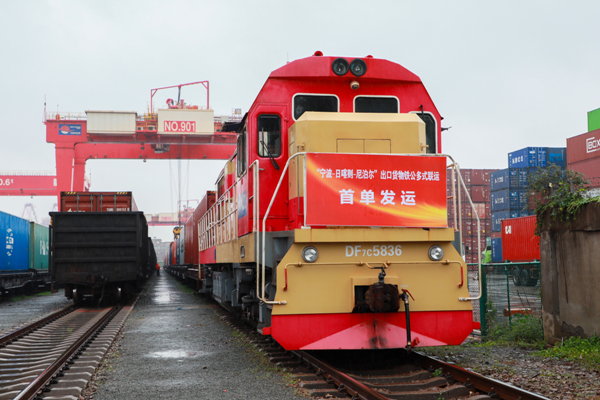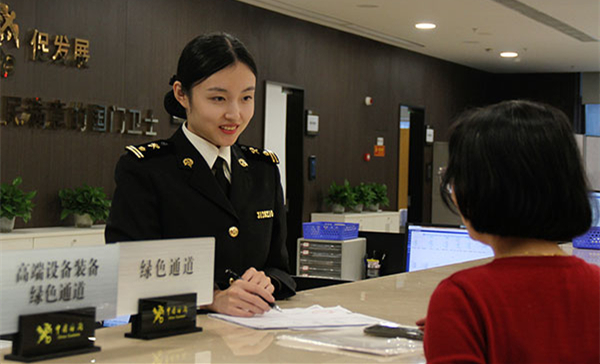Nation to advance pilot FTZs' opening-up
FTZs: Measures to vitalize domestic market
China will adopt a slew of policy measures to advance institutional opening-up of pilot free trade zones and free trade ports in accordance with high-level international standards, according to a notice issued by the State Council, the nation's Cabinet, on Thursday.
These steps will help foster a more enabling environment for both domestic and foreign businesses, broaden market access, promote trade facilitation and better catalyze foreign investment, in an effort to underpin the country's sound and sustainable economic development, experts said.
According to the notice, foreign financial institutions in the pilot free trade areas will be allowed to launch certain new financial services that their Chinese counterparts are permitted to launch.
Financial regulatory authorities should make decisions with regard to foreign financial institutions' applications for launch of such services within 120 days, can withhold permission based on prudent reasons and must notify applicants in a timely manner, the notice said.
Dong Zhongyun, chief economist at China AVIC Securities, said, "These measures will further scale up the country's trade in services, broaden the channels for foreign financial institutions and investors to participate and thus bring in more capital, technology and advanced experience."
By creating a level playing field for all market entities, the measures will bring more competition and inject greater vitality into the domestic market. Foreign financial institutions will provide higher-quality and more diverse financial services for Chinese consumers, which will help narrow the country's gap with developed economies, Dong said.
The notice stated that all authentic and compliant fee transfers related to foreign investment should be remitted without delay in the pilot areas. Such transfers include paid-in capital, profits, dividends, interest, capital gains, management fees, proceeds from the sale of investments and compensation or indemnification received pursuant to law.
For senior managers working for foreign enterprises who intend to set up branches or subsidiaries in the pilot areas, the validity of their temporary stay will be extended to two years, and their spouses and family members will be entitled to the same duration of stay, according to the notice.
Key industries in the pilot areas will be supported to import remanufactured products on a trial basis. Relevant departments and localities should strengthen supervision, management and inspection in relations to remanufactured products and strictly guard against the import of solid waste, the notice said.
Tariffs will be exempted from aircraft, ships and their components that complete temporary outbound repair and are reshipped into the pilot areas, it said, adding that tariffs will also be waived for goods that will be reshipped out of the country after finishing temporary repair within the pilot areas.
Xu Hongcai, deputy director of the China Association of Policy Sciences' economic policy committee, said the country's continued efforts to expand institutional opening-up in step with international rules will enhance the certainty, stability, transparency and predictability of its systems and standards for market entities.
It will lay a solid foundation to create a world-class and market-oriented business environment governed by a sound legal framework, anchor expectations of foreign businesses, and shore up their confidence to double down on investment and sustain long-term development in China, he said.

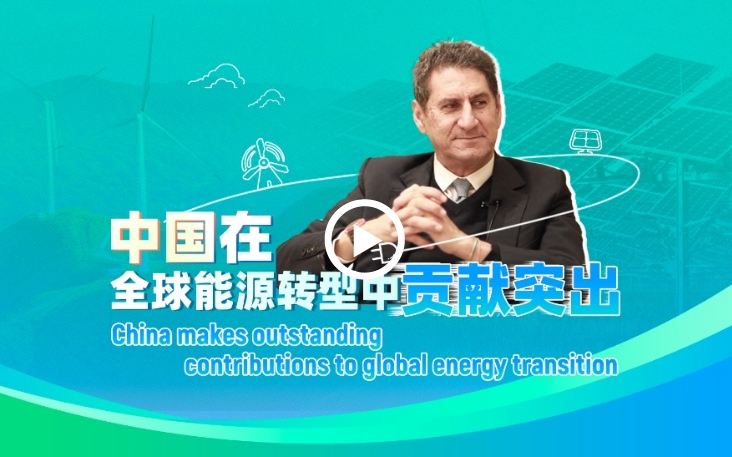 China makes outstanding contributions to global energy transition
China makes outstanding contributions to global energy transition 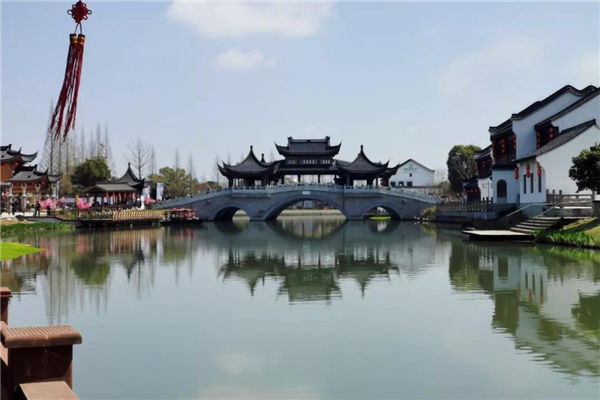 Ningbo village inspires Malawi official
Ningbo village inspires Malawi official 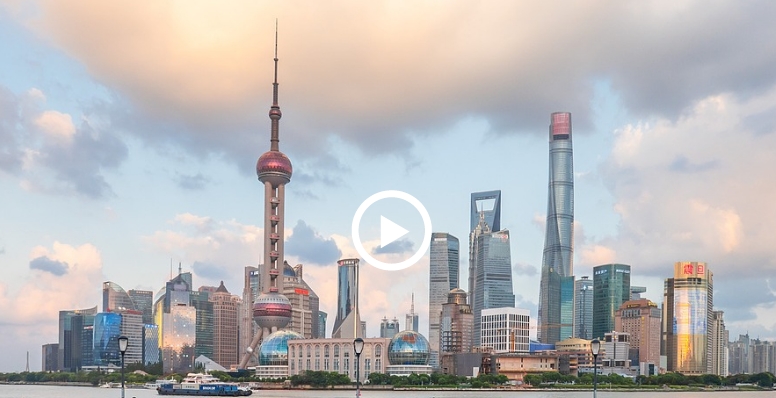 A look at China's economic data in the first three quarters of 2024
A look at China's economic data in the first three quarters of 2024 
